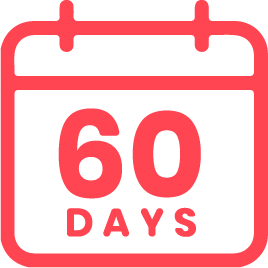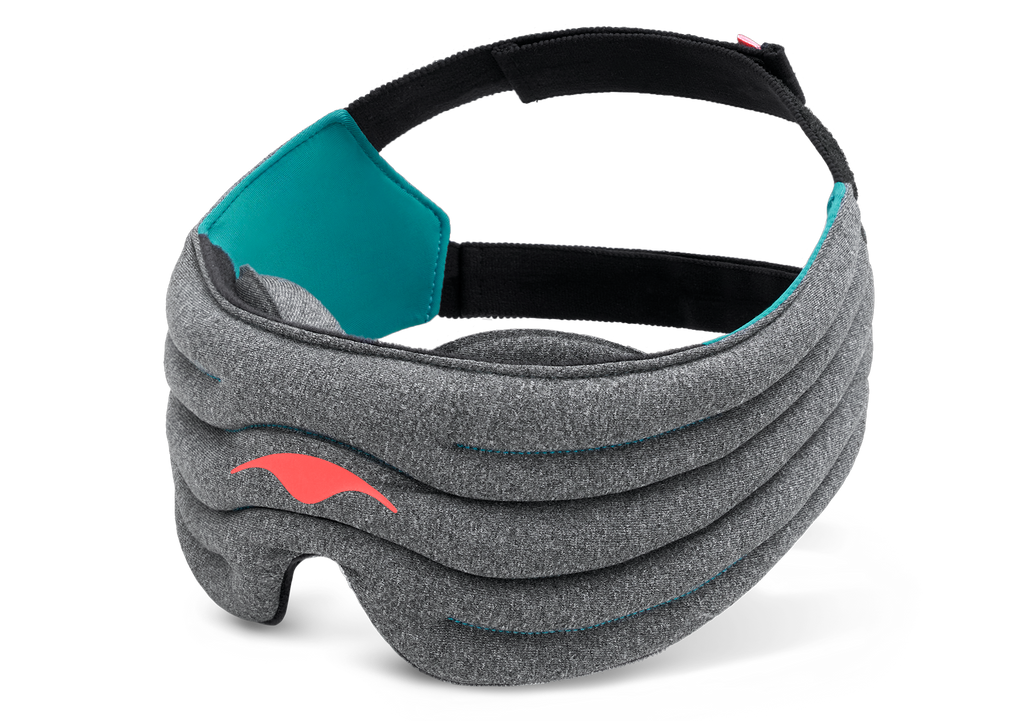why shop manta sleep
Can’t Get Back to Sleep? Here’s What to Do
It’s the middle of the night and you’re wide awake, tossing and turning.
You’ve tried meditating (no dice), all the sheep are counted, and your alarm clock is becoming the target of your frustration as it ticks away the minutes you’re not getting your sleep.
While it’s tempting to lie in bed and hope against hope that you’ll fall asleep… eventually… you could be setting yourself up for future nights of insomnia.
According to sleep experts, if you lie awake in bed for longer than 20-30 minutes, you’re essentially training your mind and body to view your bed as a place to ponder life rather than sleep.(1)
That all makes sense. But what should you actually do after getting up (that won’t keep you awake until your alarm goes off)?
To answer that question, first let’s take a look at what you want to accomplish.
Your middle-of-the-night activity should do 3 things:
- Calm your senses. Whatever you do, you’ll want to make sure you’re in a peaceful environment. It doesn’t have to be completely silent (of course, quieter is better if you share a home with others trying to sleep). Keep lights low, avoid overstimulation, and use some incense or essential oils conducive to sleep (such as lavender, bergamot or chamomile).
- Comfort your body. After getting out of bed, find the second-most comfortable place in the house so that your body stays in relaxation mode. Arecliner is great. A kitchen chair, not so much.
- Distract your mind. Your brain is often the culprit behind being unable to fall (back) asleep — anxiety is the primary cause of insomnia. So it’s important to give that overactive mind something to focus on other than the problems of the day or upcoming obstacles.
Now that you’re clear on your targets, let’s explore some specific things to try next time you wake up in the middle of the night — and a few things to avoid.
These middle-of-the-night activities are more likely to put you to sleep than increase your level of alertness — so they get the green light from us:
- Boring chores. Though you don’t want to engage in anything vigorous, simple tasks like folding laundry or organizing the junk drawer can provide you a distraction as well as a sense of accomplishment.
- Read. This is one of the quickest, most effective ways to shift focus from the issues keeping you awake. Of course, this is no time for Stephen King — stick with something just interesting enough to hold your attention. This is a good time to catch up on the classics you keep promising yourself you’ll read. Poetry is another great choice, from Dickinson to Bukowski to Kaur.
- Meditate. Few will argue the physical and mental benefits of meditation, but carving out the time in your day to do so can be difficult. The middle of the night can be an ideal time, when you have fewer distractions demanding your attention.
- Work on a crossword or Sudoku puzzle. These give an overactive mind a rewarding challenge. Jigsaw puzzles are a great low-key distraction as well. And adult coloring books? It’s as though they were custom-created for just this situation.
- Daydream. Think about your favorite retreat, or plan your next vacation getaway. Don’t worry about finances or logistics, but merely the fun and relaxation you’ll have.
- Start a gratitude journal. It can be difficult to accentuate the positive while you’re wandering the house in the wee hours like a ghoul, lamenting how tired you’ll be at work the next day. We get it. But according to a study by Dr. Nancy Digdon of Grant MacEwan University, fostering an attitude of gratitude can counter your worries and allow you to sleep longer and better.(5) If you’re having a hard time counting your blessings, you could instead use the time to brain-dump the issues that are causing you stress. Just writing them down can keep you from dwelling on them and help put things into perspective.
While all of the above activities are a great way to lull your body and mind back to sleep, you’ll want to avoid doing any of the following if your goal is to get back to bed ASAP:
- Looking at the clock. Avoid the calculations of how much (or how little) sleep you’ll have to get by on during the following day, as this is just going to make you feel even worse. Avoid the clock and commit yourself to returning to bed only when you’re drowsy.
- Eating. Your digestive system is slower than when you’re wide awake during the day, so eating or drinking anything other than water can come back to haunt you in the form of indigestion when you return to bed.
- Screen-time. The glare of the light from any device, even in nighttime mode, will stimulate your senses and stifle the production of the melatonin that’ll (finally) get you back to sleep.
- Exercise or vigorous activity. In addition to energizing you, this will also heat you up. That’s bad because your body’s attempts to make you drowsy includes lowering your body temperature.
- Going back to bed too soon. You should stay up at least 30 minutes, but don’t obsess about how long you’re up. If it takes you two hours to get drowsy enough to return to bed, so be it.
Suffering those lonely sleepless nights can be miserable. But hopefully, armed with our tips, you’ll soon have your ticket back to Dreamland.
Sources:
(1) Madeline Laguaite, “Can’t Sleep? When to Just Get Out of Bed.” WebMD, https://www.webmd.com/sleep-disorders/features/cant-sleep-when-to-get-out-of-bed. Reviewed 21 Oct. 2020.
(2) Eric Suni, “What to Do When You Can’t Sleep.” National Sleep Foundation, https://www.sleepfoundation.org/insomnia/treatment/what-do-when-you-cant-sleep. Updated 29 Jul. 2020.
(3) ”10 Fun Things to Do When You Can’t Sleep.” Intellibed, https://www.intellibed.com/the-intellibed-story/bedtime-stories/10-fun-things-to-do-when-you-cant-sleep/. 17 Jul. 2020.
(4) ”23 Things to Do When You Can’t Sleep.” Mana Medical Associates, https://www.mana.md/what-to-do-when-you-cant-sleep/. Accessed 4 Dec. 2020.
(5) Nancy Digdon, Amy Koble, “Effects of Constructive Worry, Imagery Distraction, and Gratitude Interventions on Sleep Quality: A Pilot Trial.” International Association of Applied Psychology, https://iaap-journals.onlinelibrary.wiley.com/doi/abs/10.1111/j.1758-0854.2011.01049.x. 24 May 2011.
Disclaimer: The information contained in this website or provided through our blog, e-mails, or programs is for informational purposes only. It is not intended to be a substitute for medical advice, diagnosis or treatment that can be provided by your healthcare professionals.











